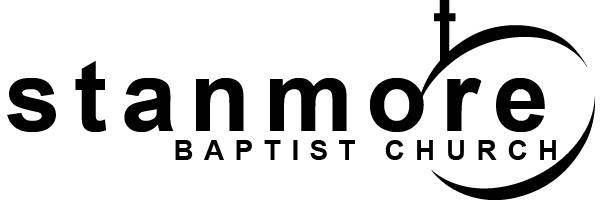Sermons by Michael Prodigalidad
This message reminds us of the importance of a right perspective of God. The thrice holy One of Israel humbles those who see Him by eyes of faith, and prepares them for a life of worship and service.
This message reminds us of the importance of a right perspective of God. The thrice holy One of Israel humbles those who see Him by eyes of faith, and prepares them for a life of worship and service.

